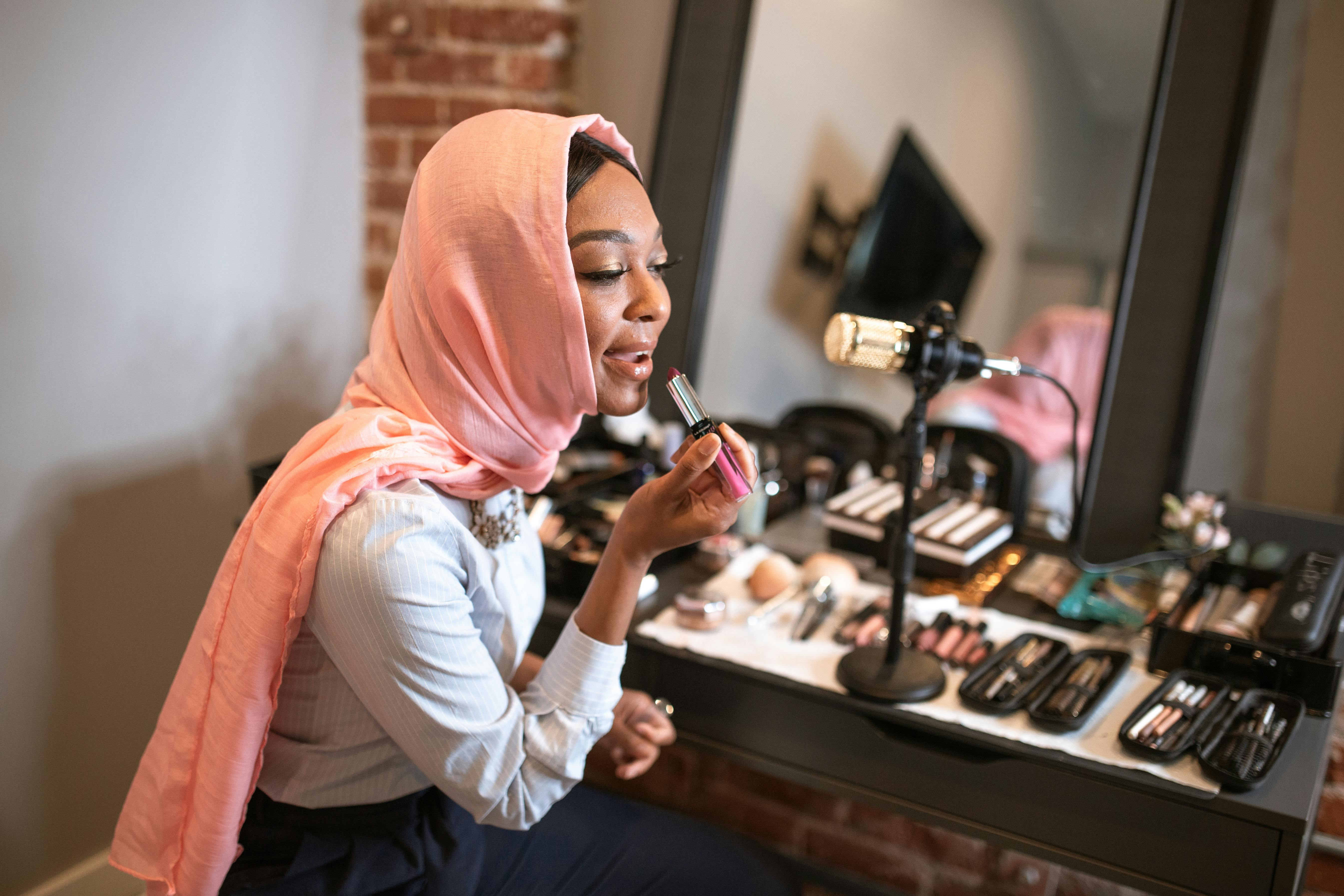It’s the reason some of our mothers wanted us to scratch our way through chickenpox.
Sometimes facing the disease and overcoming it is better in the long run than prolonged exposure to certain germs and pathogens. It may be a necessary step in building a concrete immune system.
Ironically, according to recent medical reports, protecting ourselves from germs may be what is causing many of us to suffer from persistent and/or chronic illnesses, which can include inflammatory conditions, asthma, autoimmune disorders, and intestinal diseases.
Known as the ‘hygiene hypothesis’, many medical experts express growing concern over successive generations relying on soaps and chemicals to reduce a person’s contact with germs, bacteria, viruses and allergens.
“A child’s immune system needs education, just like any other growing organ in the human body,” says Erika von Mutius of the University of Munich.
When a person uses an antibacterial soap or an antibiotic, it essentially attacks all the bacteria in the body. This means both good and bad. Many times, beneficial bacteria are present in the body to maintain a healthy balance. However, when all the bacteria are killed, malevolent forms can sometimes be left behind to evolve and grow stronger.
Over time, the use of certain virus and bacteria killing agents can backfire, making the immune system more susceptible to encountering unfavorable conditions and diseases.
“The hygiene hypothesis suggests that early exposure to microbes aids in the education of an infant’s developing immune system,” says Mutius.
Recently, a study published by the Journal of Allergy and Clinical Immunology found that inner-city infants between the ages of 0 and 3 years exposed to dust particles and specific allergens were less likely to develop respiratory wheezing and allergic reactions in the future. The case-control study included 104 children who were exposed to allergens commonly found among cockroaches, cats and mice.
“In inner-city settings, children with the highest exposure to specific allergens and bacteria during their first year were less likely to have recurrent wheezing and allergic sensitization,” the study states.
“These findings suggest that concomitant exposure to high levels of certain allergens and bacteria in early life could be beneficial and suggest new preventive strategies for wheezing and allergic diseases.”
In a recent publication it was found that the number of germs and pathogens a child is exposed to is irrelevant; however, it is the types of bacteria and germs children are exposed to that determine potential health outcomes.



